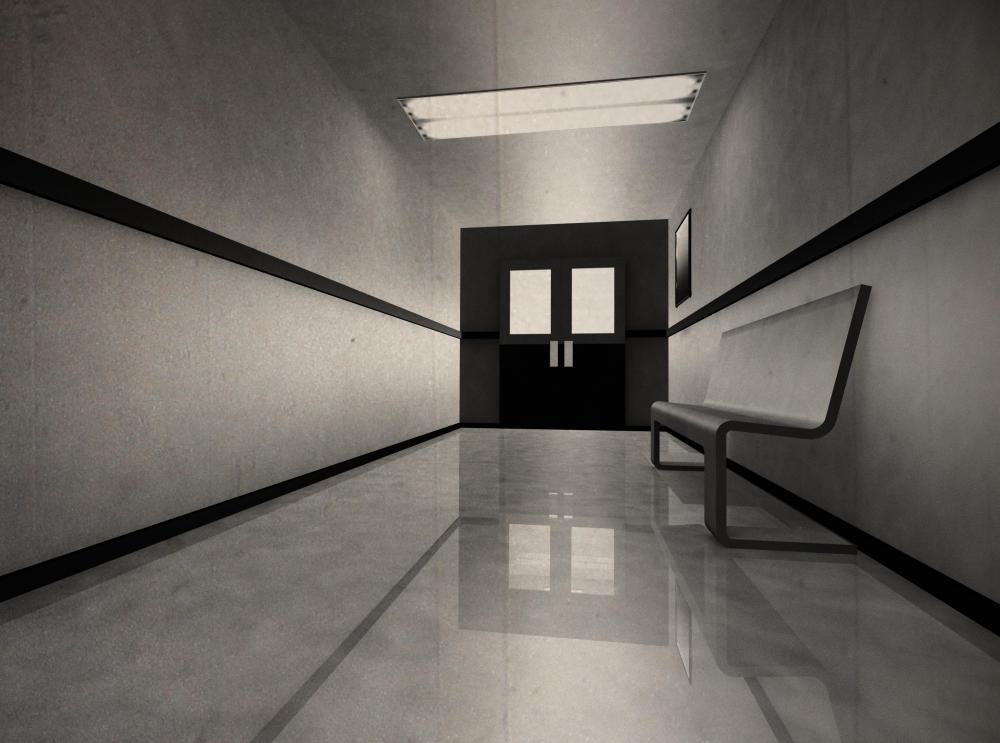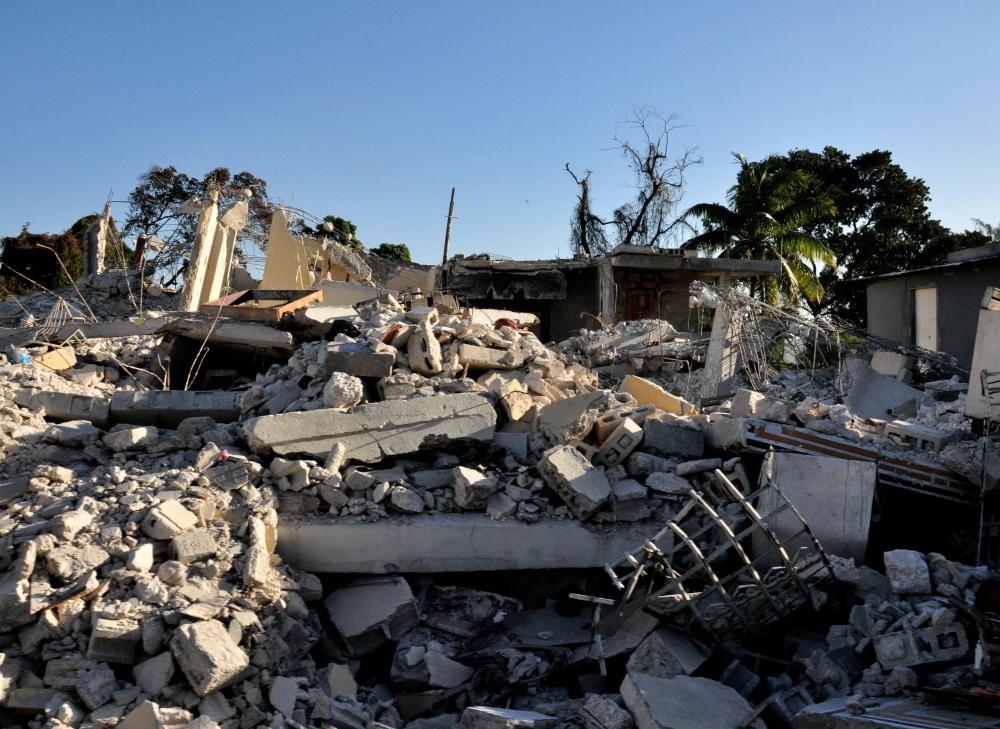At TheHealthBoard, we're committed to delivering accurate, trustworthy information. Our expert-authored content is rigorously fact-checked and sourced from credible authorities. Discover how we uphold the highest standards in providing you with reliable knowledge.
What Is Severe PTSD?
Post traumatic stress disorder (PTSD) is by its nature a very severe disorder, but some cases of PTSD may be more severe than others. For example, some cases may involve the individual in question engaging in self-harm or putting others in physical danger. Severe PTSD usually includes the normal symptoms of PTSD but with escalation to a more damaging level. These might include irrational anger, hypervigilance, or emotional numbness. Treatment for severe PTSD must be administered before the problem spirals out of control, and in some cases this type of problem can be prevented by providing adequate care immediately following the traumatic event.
In all cases, PTSD is caused by a traumatic event that continues to affect the mind of a survivor in negative ways. The precise event may range from abuse to near-death experiences. Situations like wars often create a large number of people who suffer from PTSD, and because the groups are large, behavior associated with PTSD becomes somewhat normalized in context. When those individuals return home from wars, their behavior becomes extremely problematic for their families and friends.

Symptoms of severe PTSD often include irritability, anger, and sometimes violence. On the other hand, symptoms may also include depression, withdrawal, and loss of interest in activities the person once enjoyed. The line between a normal response to trauma and PTSD is often whether a person will eventually heal without medical assistance. In severe PTSD, the symptoms are sometimes so dangerous that the survivor must be institutionalized for care.

Severe PTSD is often the result of unresolved PTSD rather than a more violent reaction to a particular event. In most cases, then, severe PTSD can be prevented with adequate care and an understanding of how trauma can affect the human mind. When PTSD is allowed to spiral out of control, its symptoms can be extremely harmful not only to the survivor but to his or her close associates. For this reason, recognizing when severe PTSD might occur and taking preventative measures is an important part of post-trauma care.

Support for severe PTSD is often provided by hospitals and mental health care facilities. In some situations, special treatment may be required. Although medication is not always a long-term component of PTSD treatment, some severe cases may require medication in the short term. This is particularly true when lack of sleep exacerbates the problem, as sleep is necessary for proper recovery. Care must be provided not only for the survivor but also for the survivor's support network, as continuing support is integral to recovery.
AS FEATURED ON:
AS FEATURED ON:
















Discuss this Article
Post your comments